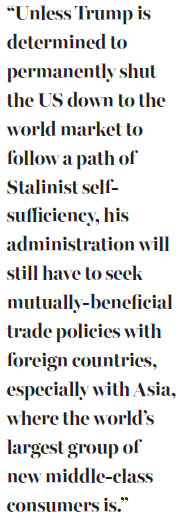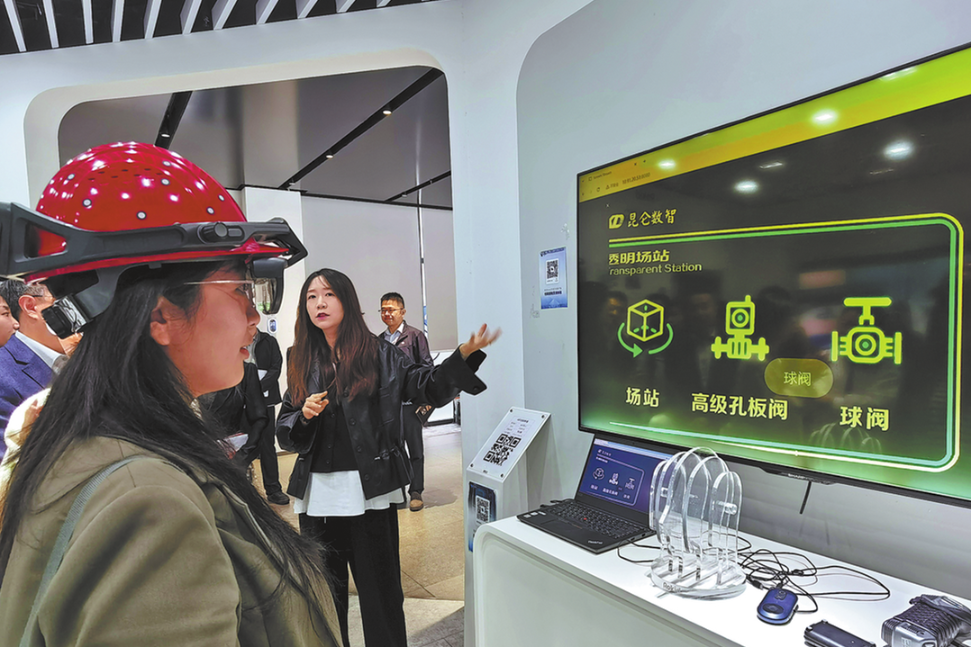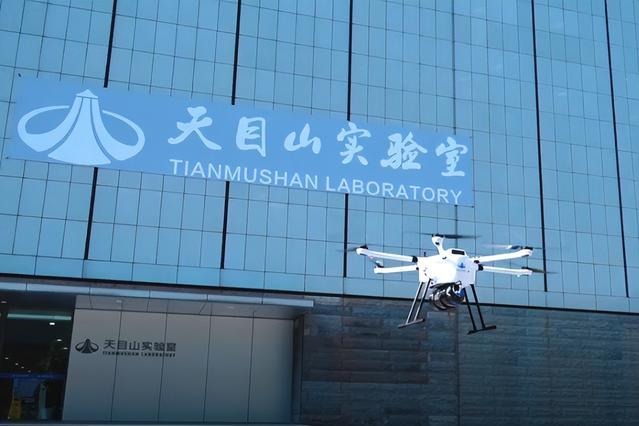US could lose its imaginary war

Trump's hostile language and protectionist promises could condemn his nation to miss out on trade opportunities
Many like to borrow military expressions in describing business competition, a hot one being "trade war".
Some say Donald Trump, the new US president, may think himself a contemporary General Patton, a warrior in trade. And the anticipated trade war would be Trump's main theater.
In response, some Chinese commentators recommend their readers go back to the nation's 2,000-year-old Art of War by Sun Tzu to find defense methods.
The fact is - and it is an important fact - that seeing trade in terms of war has never been a smart thing to do. Business is not a war.
The biggest difference between business competition and a war is the simple fact that all wars end. No matter how bad a war is, there is a day when one side prevails, and peace is restructured.

But in business, competition goes on. Its logic doesn't recognize an "end" so long as a company doesn't break up by itself. In the long run, there is no specific enemy. The more a company grows, the more it will find competition a market-wide challenge, joined by rivals large and small, known and unknown.
Nor can it be possible for any triumph, however celebrated, to result in a monopoly as clear and solid as the status of a superpower in the geopolitical sense.
This is why the victory of Apple's iPhone over Nokia was not a victory for the whole market. It still faces competition from many other players in the market, and any small mistake may cost its market share in the world.
As for trade war, there is only one way in which it can make sense. That is when it is used no more than a trade embargo - to serve not a business purpose, but a political purpose.
Even when trade is being used for a political purpose, the user will have to take a few precautions to control the possible damage on its own economic goals, making sure the target is a weaker and less productive economy, that the policy has worldwide support, and that the goods affected by the policy will be high in strategic importance but limited in number.
This being the case, the grand trade war that Trump and his lieutenants may be planning is a rather unconventional one. It will be used to serve not a specific political purpose, but an economic agenda which, paradoxically, is touted as "making America great again".

If the incoming administration does what it has declared, it will wage a trade war on all imported goods from China, if not from the rest of the world. That would certainly be unprecedented in history. But will it work?
It won't. Apart from its enormous size and complex, often multilateral details, there are two things on the macro-economic level to challenge the very logic of a trade war.
First, global market will continue to develop even if the United States no longer wants to play a leading part in it. The size of world trade is nowadays more than eight times that of 1980, before president Ronald Reagan took office.
In Reagan's time, the biggest trade challenge to the US was presented by Japan. Now, China and many other developing countries with a general wage level much lower than that of Japan, can produce things almost as well as American workers.
There are millions of such workers throughout Southeast Asia and India. Their manufacturing capabilities are attested by the fact that trade among developing countries has now grown larger than trade between developed and developing countries in value, and is close in size to the trade among all developed countries.
In recent years, China's trade with ASEAN countries has been on a more rapid increase than its trade with the US.
Developing countries can continue to trade with one another and are likely to yield more shared opportunities despite the one-sided trade war waged by the US.
Second, assuming the so-called Trumponomics works and 25 million new jobs are created within a few years in a protected environment, the US will still have to rely on the international market to sell the new workers' products, which can't all be consumed at home.
Unless Trump is determined to permanently shut the US down to the world market to follow a path of Stalinist self-sufficiency, his administration will still have to seek mutually-beneficial trade policies with foreign countries, especially with Asia, where the world's largest group of new middle-class consumers is.
Chinese President Xi Jinping told his audience in Davos, Switzerland, that in the coming five years, China's development is expected to generate a demand for $8 trillion of imports, $600 billion of inbound investments and $750 billion of outbound investments. Those waging of a trade war with China can't afford to miss out on these rich opportunities.
The author is editor-at-large of China Daily. Contact the writer atedzhang@chinadaily.com.cn
(China Daily Africa Weekly 01/20/2017 page8)
Today's Top News
- Death toll rises to 16 in Sydney's Bondi Beach shooting
- Firm stance on opening-up wins praise
- World looks to new engines for growth in 2026
- Evidence mounts of Japan's wartime atrocities
- Gunmen kill 11, wound many on Sydney beach
- Study finds Earth's deep water reservoirs






























